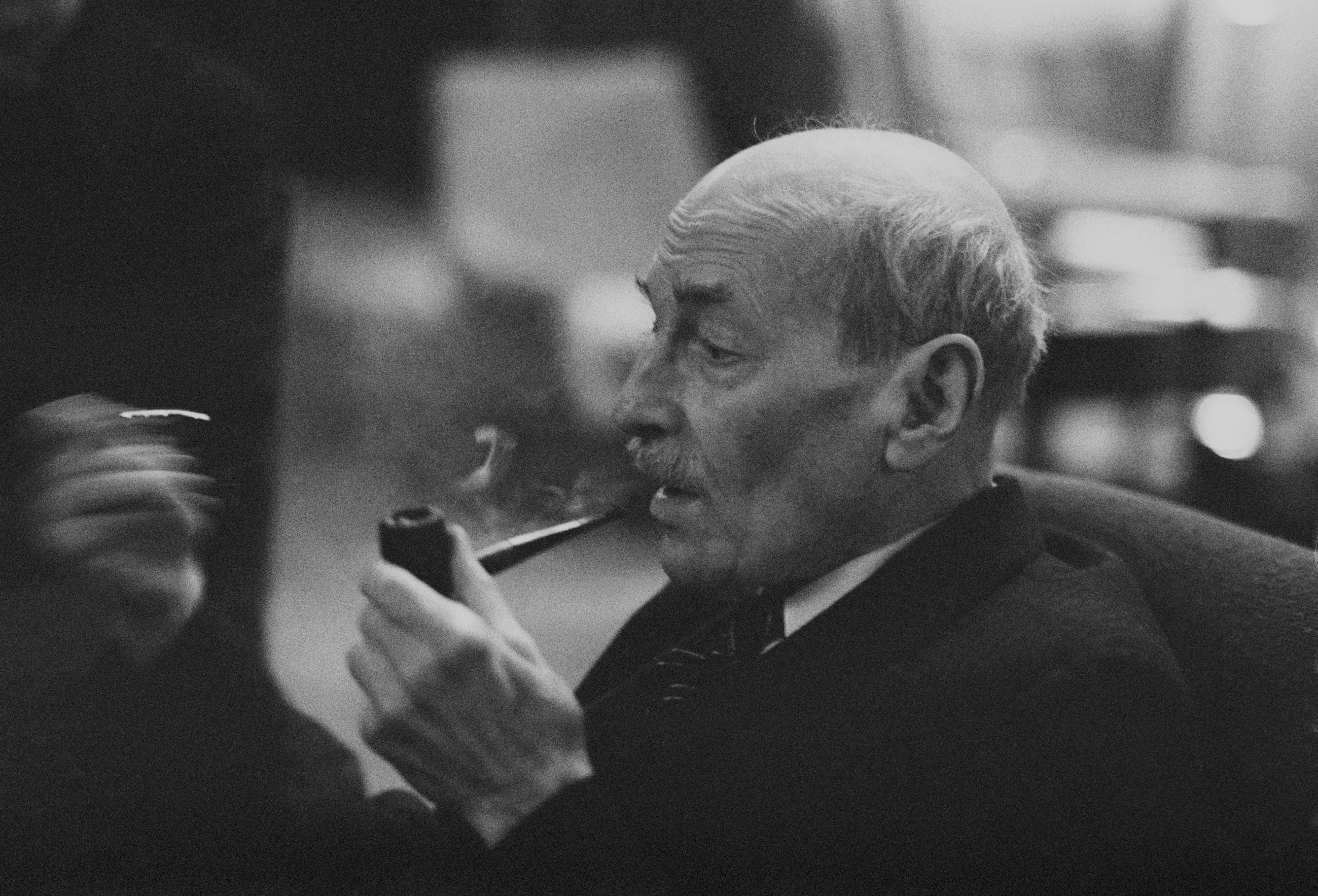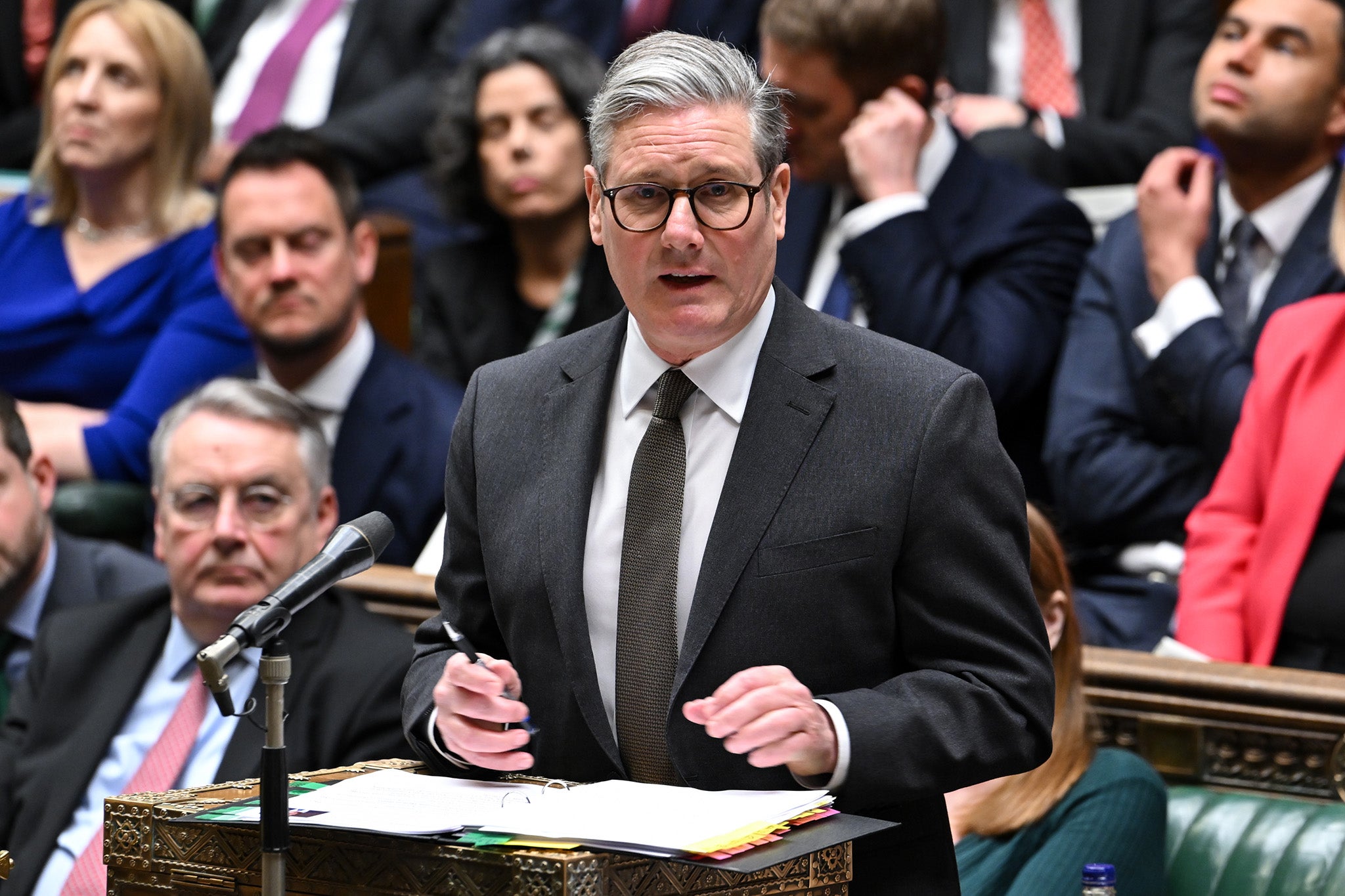Why Keir Starmer is more like Clement Attlee than you think
The Labour prime minister has been compared to a number of previous leaders, but as a steely PM who diverts spending on welfare to defence there is one he resembles much more than others, says King’s College professor Jon Davis


Keir Starmer has been compared to several Labour prime ministers, including Tony Blair because of his shift to the centre ground, and Harold Wilson thanks to his hope that artificial intelligence will deliver economic growth akin to the “white heat” of the technological revolution. As a professor teaching the history of prime ministers since 1939, it seems inescapable to me that he most closely resembles Clement Attlee.
Both were born and raised in and around London. Both practised law before politics – the grounding in detail is obviously helpful when switching to government. The commitment to facts and clear exposition demanded in a court case probably also accounts for at least some of the inscrutable and dispassionate greyness of their public speaking, heightened when they faced the expansive oratorical styles of Winston Churchill and Boris Johnson across the despatch box.
Another emerging similarity between Starmer and Attlee is the forging of their top teams. Attlee’s no-nonsense style has been rightly lauded: “You’ve had a good innings; time to put your bat up in the pavilion” was one of the more pleasant dismissals, while “not up to it” was his response to another who asked for feedback. “The best butcher since the war” was Wilson’s conclusion.
Compare this to Starmer who now has a track record of not always choosing the right people first time, but who is fast and ruthless in his despatching of those deemed the wrong fit or having crossed a line, as Sue Gray and Louise Haigh found respectively.
Attlee was blessed with ministerial giants he led such as Ernest Bevin, Hugh Dalton, Aneurin Bevan and Stafford Cripps, a cabinet that was to go down in history as delivering the NHS and wider welfare state, Indian independence, Nato and setting the path to a British nuclear deterrent.
Though the current Labour government started really quite slowly, it has been in power for only eight months and demonstrable results are understandably few. The competent team that is now looking strong on the foreign policy side took time to be assembled – and I am told by experienced eyes that they are beginning to be impressed by the team forming at the centre.
In both eras, defence spending posed huge challenges for the Labour cabinet – the need for a significant modern-day uplift to the defence budget will involve considerable challenge. But this is not new, and for the immediate postwar government it was even more acute. On 13 August 1945, the world’s greatest economist John Maynard Keynes warned Dalton, the incoming Labour chancellor, “without exaggeration”, of the likelihood of a “financial Dunkirk”. Britain had gone all in during the Second World War, becoming effectively bankrupt around 1942 and dependent on US aid, which was abruptly cut off when the war ended.

Though an economic humiliation on the level of the 1940 evacuation was immediately avoided, both the “convertibility crisis” of 1947 and the abject devaluation of the pound from $4.03 to $2.80 in 1949 were evidence of enduring weakness. It was said that the UK’s reserves were so depleted, not least because we were also feeding our zone of German occupation, that in the late 1940s, we were on occasion only six weeks away from famine.
Moreover, any hopes that victory in Europe and Japan would lead to a peace dividend were dashed when, a week before Keynes’s warning, the first nuclear weapon was dropped on Hiroshima, leading to a new arms race and the start of the Cold War. Attlee and Bevin responded in part by facilitating the creation of Nato in order to keep “the Soviet Union out, the Americans in, and the Germans down” – so similar to today except for the need for the Germans to step up.

When war broke out on the Korean peninsula in 1950, which many thought the first skirmishes of the third world war, Attlee ordered a 50 per cent increase in the defence budget. This last point in particular had a long-lasting coda as controlling public spending across the board led to the imposition of spectacle and denture charges in chancellor Hugh Gaitskell’s 1951 Budget, which resulted in Bevan’s resignation from the cabinet and heralded a decade-long power struggle at the top of Labour. Food for thought for Starmer and his own chancellor Rachel Reeves as they cut the welfare budget.
A last point is that both prime ministers won big general election victories: Starmer’s majority of 174 is the second largest of the modern era, with Attlee’s 1945 victory of 146 the fourth biggest. With the British electoral system being what it is, and the currently divided opposition, it is almost inconceivable that Labour will not form the next government. But though Attlee did not lose the 1950 election, it was a close-run thing, and he felt that the 1945 mandate had evaporated, leading him to call another election in 1951 which he narrowly lost. More for Starmer to contemplate.
Professor Jon Davis teaches the History of the Prime Minister class in partnership with No 10 as part of the MA Government Studies at King’s College London
Join our commenting forum
Join thought-provoking conversations, follow other Independent readers and see their replies
Comments

Bookmark popover
Removed from bookmarks